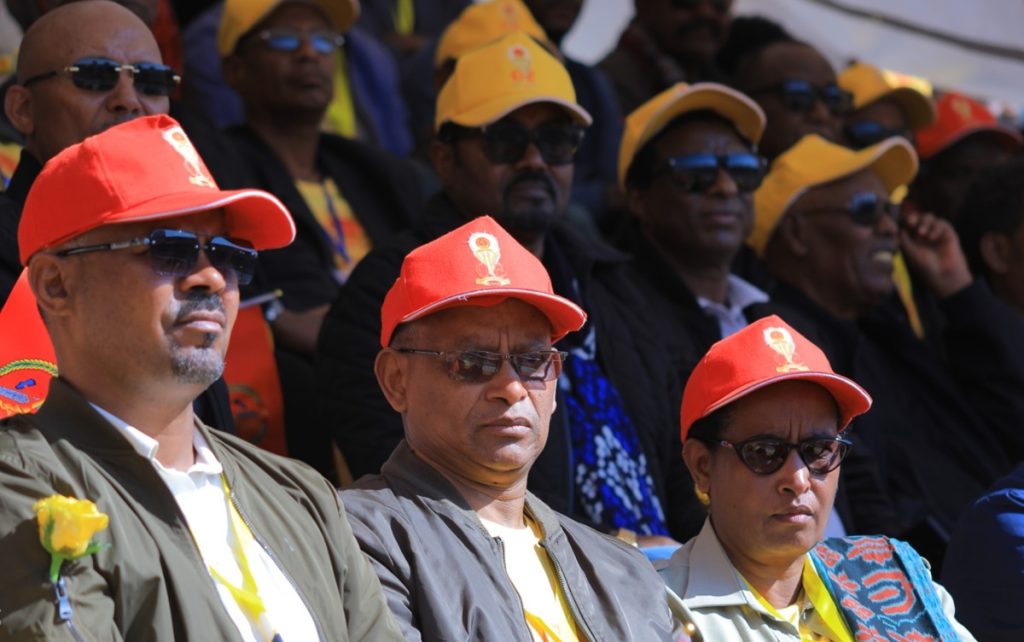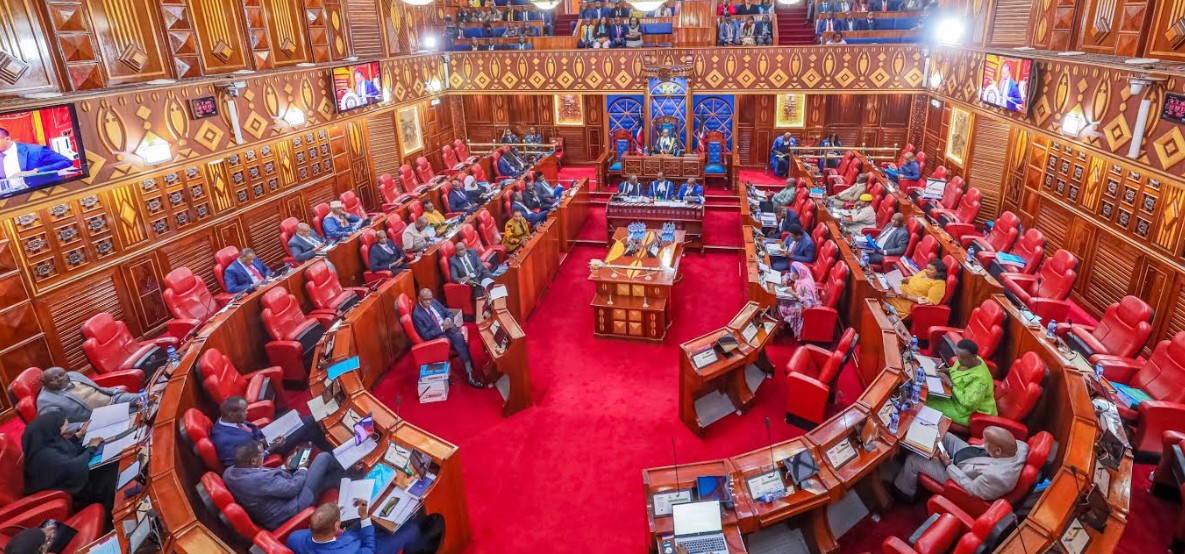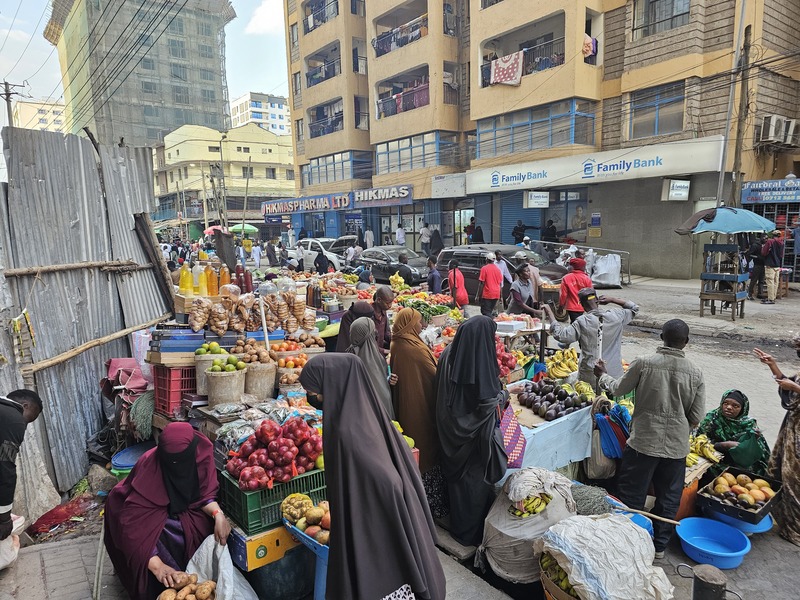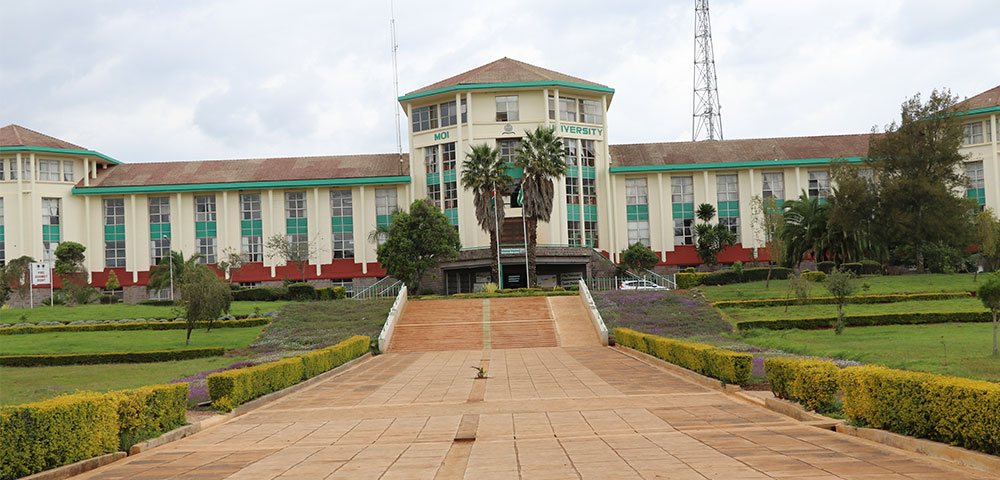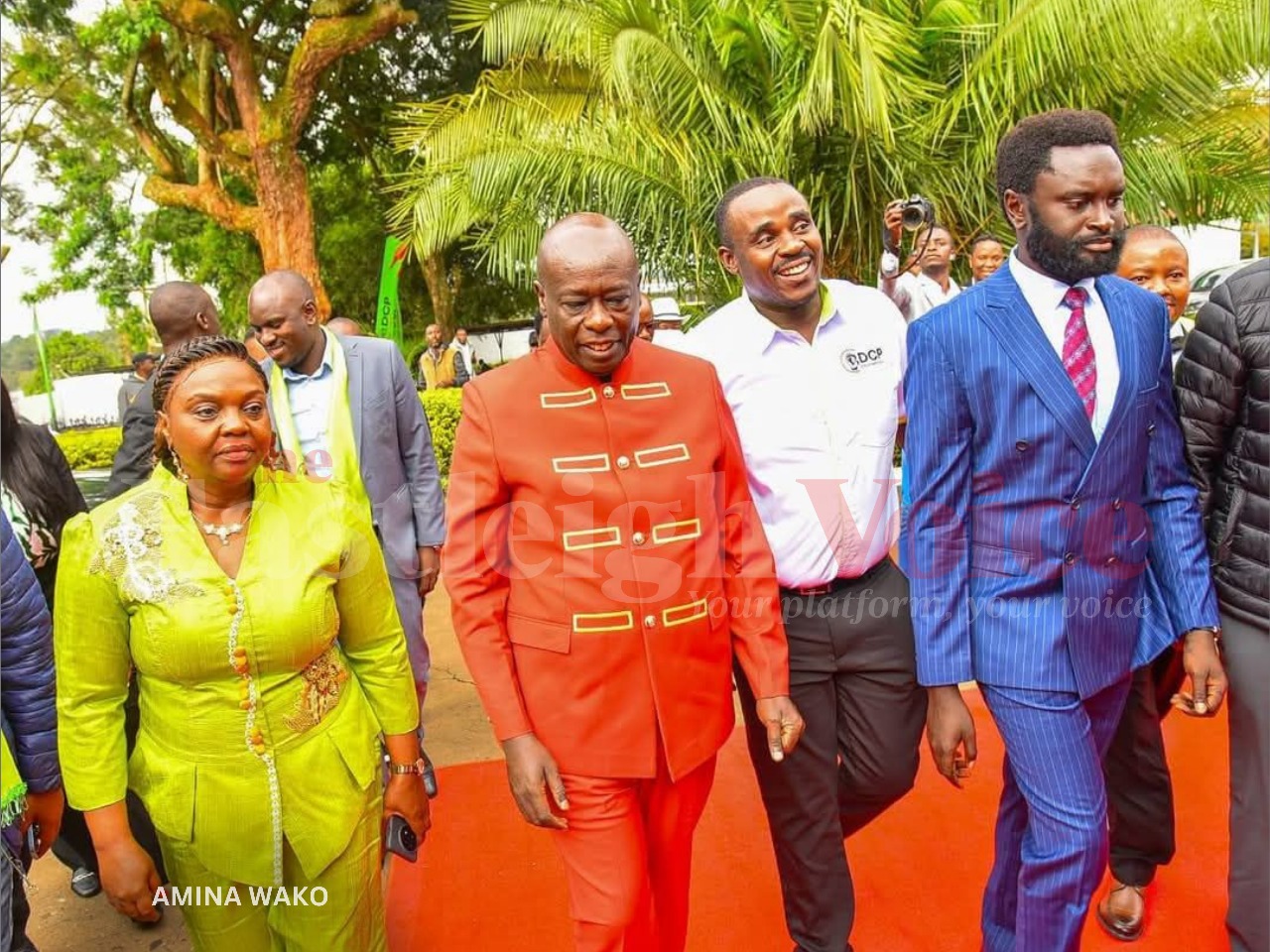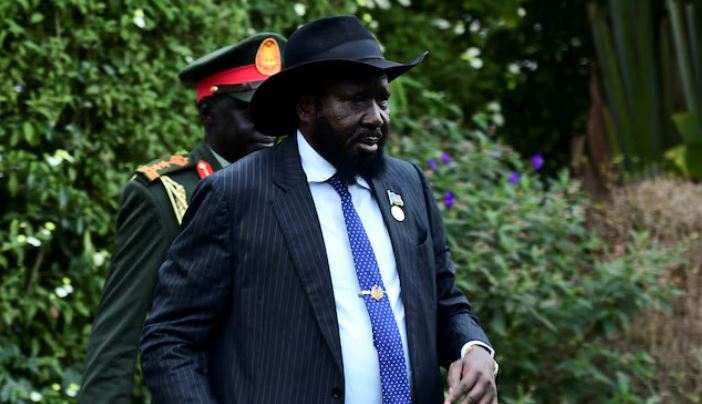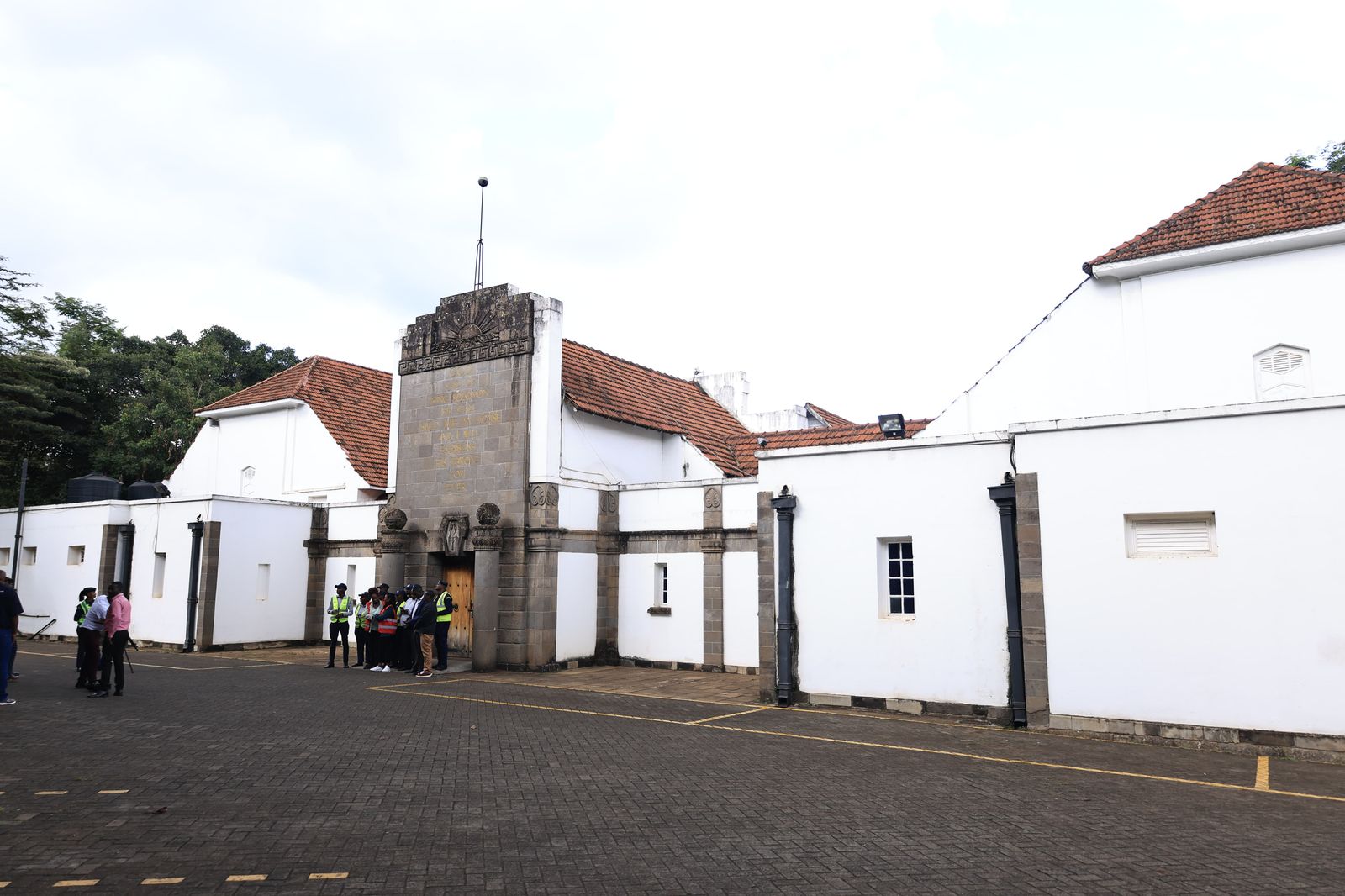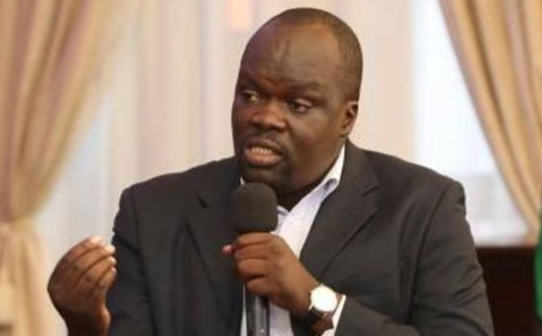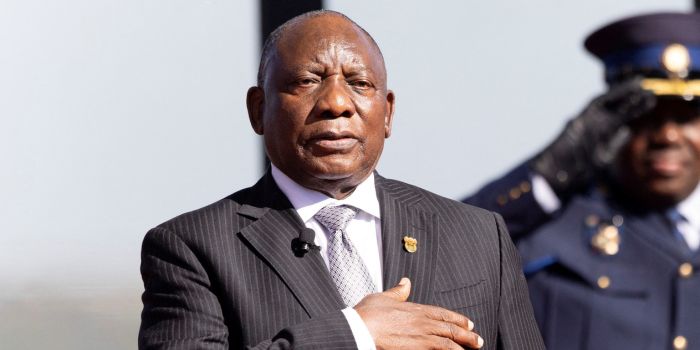National Assembly’s committee proposes two per cent railway levy, rejects lower rate
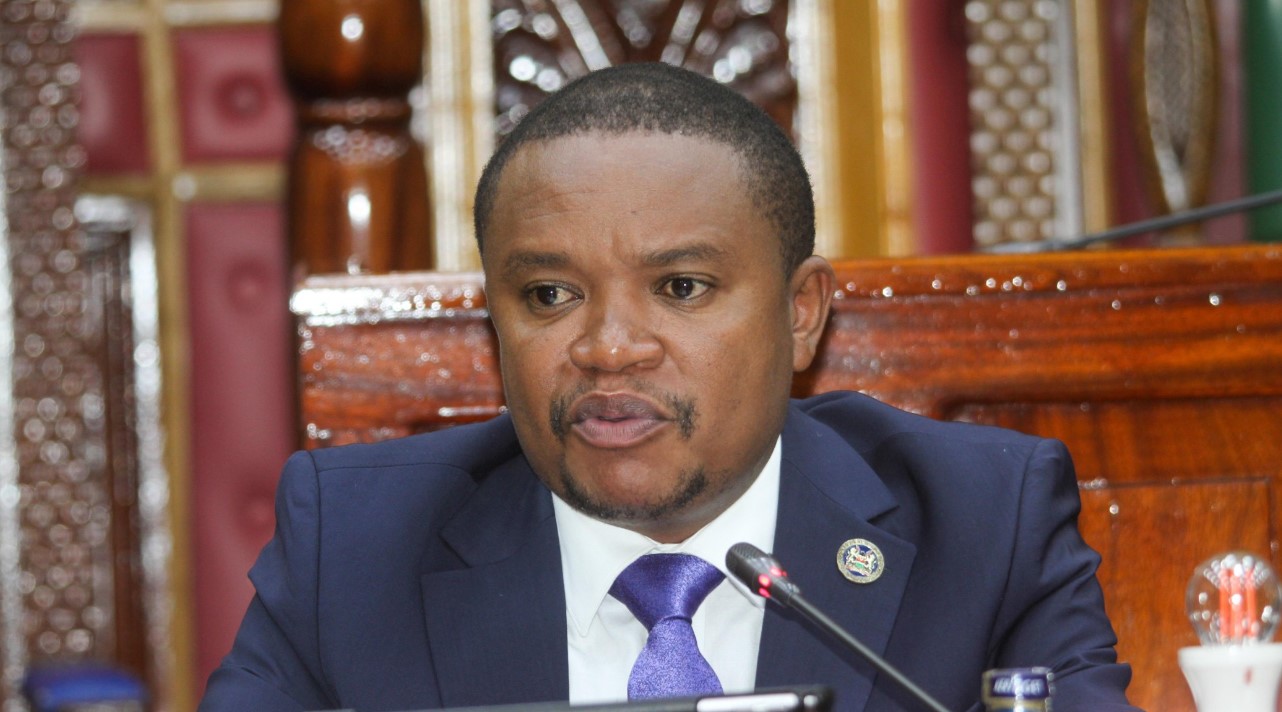
This decision follows significant opposition from business stakeholders who expressed concerns that the increased levy would drive up the cost of imports.
Consumers in Kenya face the possibility of higher prices for goods and services after the National Assembly Finance and Planning Committee decided not to lower the Railway Development Levy (RDL).
In its report on the Tax Laws (Amendment) Bill, 2024, the committee proposed capping the levy at two per cent, a reduction from the initially proposed 2.5 per cent, but still an increase from the current 1.5 per cent.
More To Read
- Treasury revives plan to grant KRA real-time access to personal data in push for more tax
- Wealthy Africans often don’t pay tax: the answer lies in smarter collection - expert
- Relief for Kenyans as KRA announces new tax amnesty programme
- KRA announces changes to PAYE computation under new tax law
- Kenya Revenue Authority surpasses Sh1 trillion in revenue collection in five months
- National Assembly rejects 5 per cent tax on infrastructure bonds interest
The Railway Development Levy, a tax on imported goods, is used to fund the construction and operation of Kenya's standard gauge railway network.
The committee's recommendation, as reported by The Star, comes after the previous regime of former President Uhuru Kenyatta reduced the levy to 1.5 per cent in a bid to ease the cost of doing business and living in the country.
The report of the committee led by Molo MP Kimani Kuria suggests the two per cent rate as a compromise between generating needed revenue and maintaining a sustainable business environment.
“The Committee has rejected the proposal to retain Railway Development at 1.5 per cent. However, it proposes a lower rate of two per cent as opposed to the Bill's proposed 2.5 per cent,” reads the report.
This decision follows significant opposition from business stakeholders who expressed concerns that the increased levy would drive up the cost of imports and hinder the country's business activities.
Drop in revenue
The need to increase the Railway Development Levy arose from a significant drop in revenue for the financial year ending June 30, 2024.
Government data reveals a decline of Sh7.86 billion in RDL revenue, attributed to both a cut in its rate and the underperformance of imports due to a weaker Kenyan shilling.
The National Treasury recorded Sh32.024 billion from the levy in 2024, the lowest amount since June 2021, marking a nearly 20 per cent drop compared to the Sh39.89 billion collected in the previous year.
Meanwhile, the committee's handling of the Economic Presence Tax (EPT) remains a subject of confusion.
The committee seems to endorse the provision for a six per cent tax rate, while also suggesting it should only apply to businesses with an annual turnover exceeding Sh5 million.
The proposed amendment would replace the Digital Service Tax with a Significant Economic Presence Tax, aimed at aligning Kenya's taxation of digital services with international best practices.
Further changes include the committee's approval of a 1.5 per cent withholding tax on the sale of scrap materials as a final tax, as well as an increase in excise duty on betting from 10 per cent to 15 per cent.
Top Stories Today
